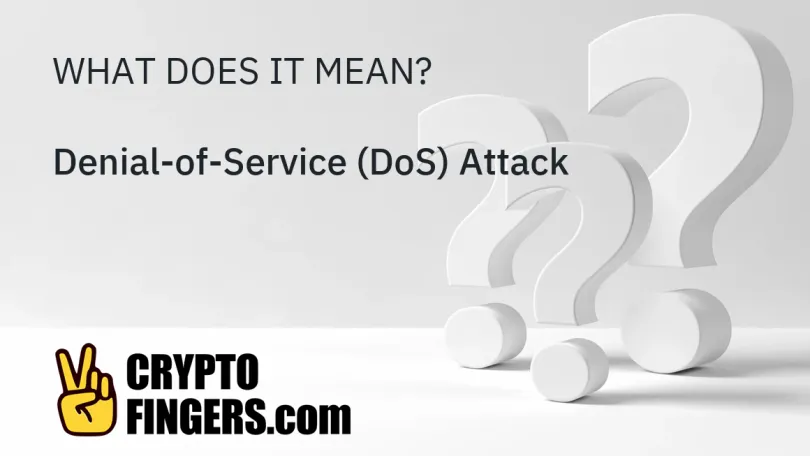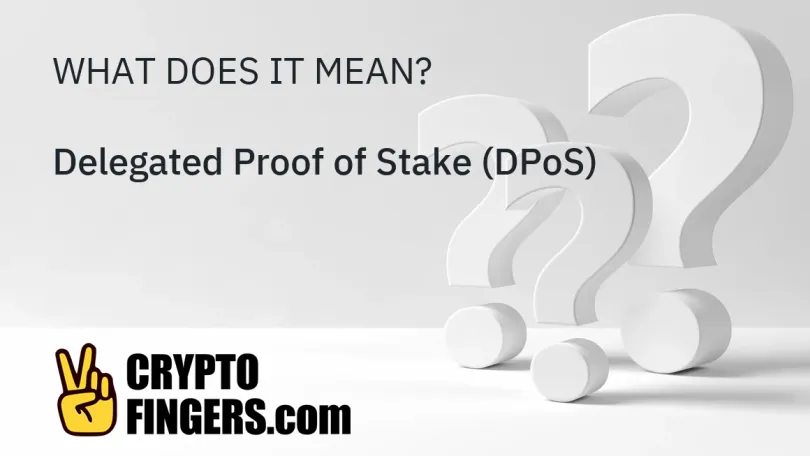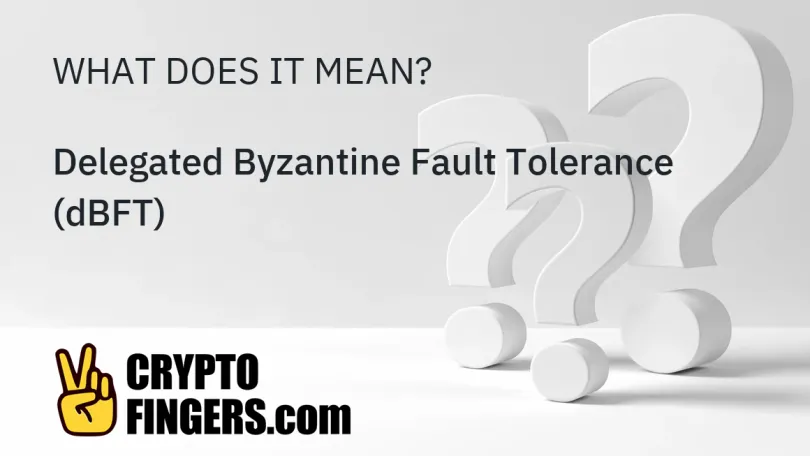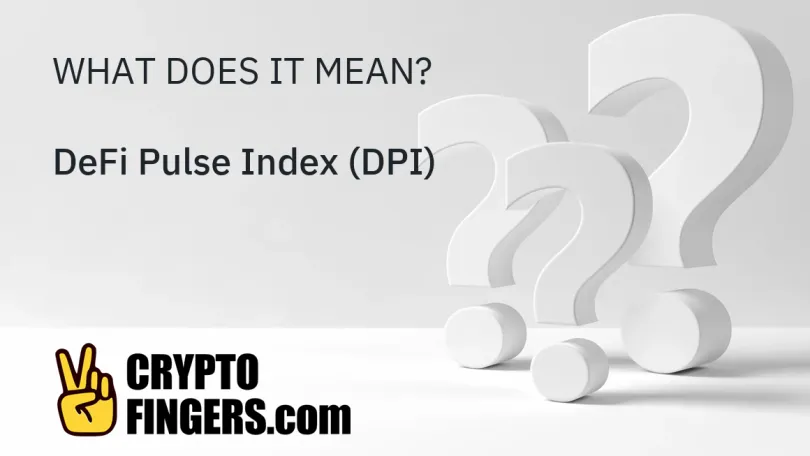⁝⁝⁝
Blockchain & Crypto Glossary
A Denial-of-Service (DoS) attack is a type of digital attack on a network that attempts to incapacitate a system by overwhelming it with repeated requests. A DoS attack is a malicious effort..
Delisting is the removal of a crypto asset from an exchange. Delisting may occur when the project no longer fulfills the listing requirements initially set out by the exchange..
A delegator is a type of node that is often employed by Proof-of-Stake (PoS) blockchain networks. Delegators have a diverse range of purposes depending on the specific blockchain protocol..
Delegation refers to the contribution of some amount of a cryptocurrency or token to another user for participation in a network staking mechanism on a Delegated-Proof-of-Stake (DPoS)..
Much like the widespread Proof-of-Stake (PoS) system, Delegated Proof of Stake (DPoS) incentivizes users to confirm network data and ensure system security by staking collateral..
Delegated Proof of Contribution (DPoC) is a unique economic governance protocol implemented on the ICON Network that leverages the ICON Incentives Scoring System (IISS). DPoC is a variant..
Delegated Byzantine Fault Tolerance (dBFT) is the consensus method that was created by NEO to be a more advanced version of Proof of Stake (PoS). The consensus mechanism is similar..
Deflation is the opposite of inflation and refers to the gradual reduction of prices in an economy relative to actual value, which increases the purchasing power of a currency over time..
The DeFi Pulse Index (DPI) is an asset management index created by DeFi Pulse using Set Protocol. Originally created in 2020, the DPI represents a basket of various DeFi-focused ERC-20..
The deep web is the portion of the World Wide Web (WWW) that is relatively hidden and much harder to access than the surface web. The deep web contains web pages that are not indexed..
⁝⁝⁝
Trending news
- Artificial Intelligence (AI)
- Altcoins
- Bitcoin
- DeFi
- Ethereum
- Economy
- Market and Events
- Metaverse
- Mining
- NFT
- Regulation
- Web3
- show less
⁝⁝⁝ Test your knowledge


























